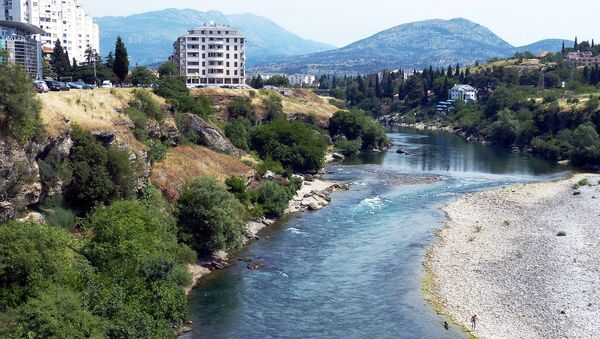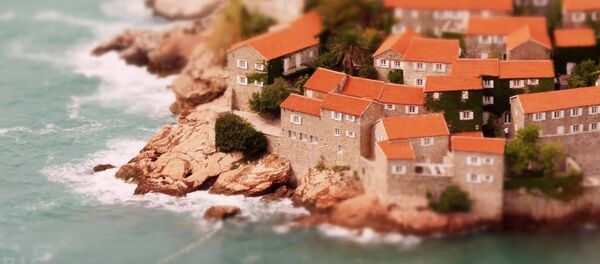In March 2015, Montenegro’s then finance minister and the current Governor of the Central Bank of Montenegro Radoje Žugić said that he was certain that the country would not lose anything from the euro’s sagging rate against the dollar when the time came to pay back the loan, that’s why the government would not be hedging risks.
“The minister also said that ‘as an economist’ he couldn’t believe that the US had any intention to strengthen its national currency,” Nebojsa Popovic wrote.
He added that after the US dollar went 2.6 percent up against the euro, the Chinese loan now cost Montenegro an additional 163 million.
“This is only the beginning though as the US Federal Reserve has also made it clear that the era of the cheap dollar is now over and that in 2017 the basic rate will go up to 3 percent from 0.75 percent now. Even if this is only half true, our loan will go right through the roof anyway and will traditionally be paid by future generations of Montenegrins,” he continued.
The last time the Montenegrin authorities likewise fouled up, they decided to solve the problem by simply squeezing out investors and onetime partners.
“Just like in the case of the aluminum plant in Podgorica that was majority owned by the company of Russian businessman Oleg Deripaska,” Nebojsa Popovic wrote.
Never miss a story again — sign up to our Telegram channel and we'll keep you up to speed!





